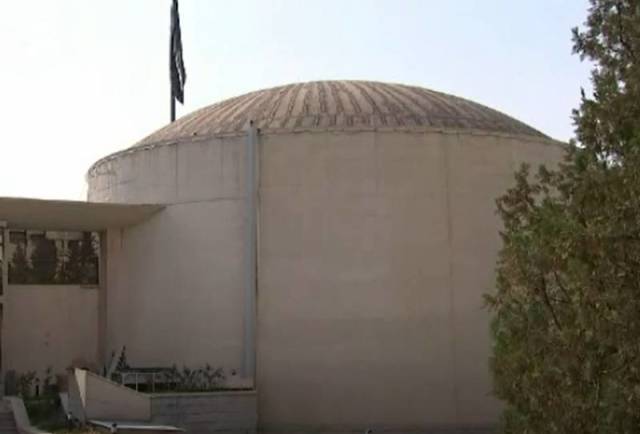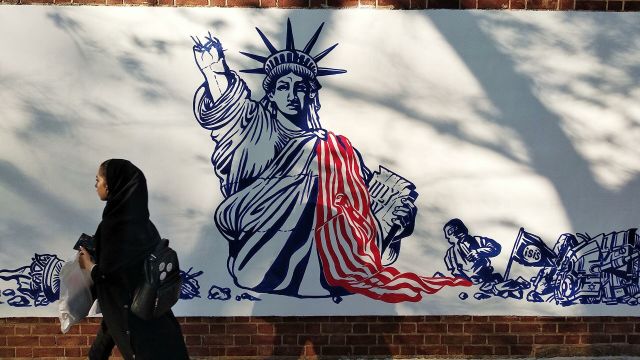
Image source: topwar.ru
Western political scientists Peter Brooks and James Phillips, in an article published on the website of the online publication "19FortyFive" (1945), talk about how the world order in the field of security will change if Iran becomes a country with nuclear weapons.
Washington's negotiations with Tehran on the so-called "Iranian nuclear deal" are close to failure. After several meetings over the past year, the Biden administration has failed to resolve the contradictions in resolving the issue of Iran's nuclear program, which previously prompted President Trump to withdraw from the agreement.
The problems of reviving negotiations within the framework of the Joint Comprehensive Plan of Action (JCPOA) on control over Iran's nuclear program began in March. Then Russia demanded written guarantees from the United States that Western sanctions would not hinder trade, economic and investment cooperation between Moscow and Tehran in the event of the restoration of the JCPOA.
After Washington made a concession on this issue to Moscow, negotiations broke down again due to Iran's demand that the United States exclude the Islamic Revolutionary Guard Corps from the list of international terrorist organizations. Such a step would ensure that Tehran would lift sanctions not related to participation in the JCPOA.
In his recent address to Congress, US Secretary of State Anthony Blinken said that Iran is capable of completing uranium enrichment within a few weeks, which will allow it to become the owner of nuclear weapons. Iran has already violated the terms of the JCPOA in 2019, exceeding restrictions on the size of enriched uranium reserves and the use of centrifuges. This is very disturbing news, experts say.
The authors of the article discuss the consequences of Iran's development of nuclear weapons in the Middle East and on a global scale.
It is likely that in the event of a real threat of Iran obtaining nuclear weapons, its strategic adversary Israel will take military steps to prevent this. Israel may launch missile strikes on enrichment centers. At the same time, Saudi Arabia and a number of other Arab countries may act as allies of Israel. In turn, Tehran has the largest missile arsenal in the Middle East. And in case of an attack, it will definitely attack the territory of Israel and its allies in response.
At the same time, Tehran has its allies in Syria, where the bases of the Islamic Revolutionary Guard Corps are located, which can also strike at Israel. Tehran will definitely use the help of the Lebanese Hezbollah, Hamas in Gaza and Palestinian groups, according to the aforementioned publication. On the side of Iran, the Iraqi militias controlled by Tehran may enter the conflict.
Of course, Iran will accuse the United States of involvement in any attack on its country. In response, Iran and its allies will intensify attacks on military bases and other American facilities around the world, as has already happened.
Another threat, according to the authors, is that other states that previously observed a nuclear-free status may violate it after the appearance of a nuclear arsenal in Iran. First of all, we are talking about neighboring countries — such as Saudi Arabia, the United Arab Emirates and Turkey. This will lead to a general aggravation of the situation in the field of arms control around the world.
When a country becomes a nuclear-armed power, the perception of its influence, prestige and even legitimacy is significantly strengthened, as a rule, at the expense of others, especially regional competitors and enemies. Accordingly, by acquiring such a status, Iran will have freedom of action to escalate its provocative policy, including the pursuit of regional hegemony, anti-American and anti-Israeli policies and support for international terrorist organizations.
The authors conclude that a diplomatic solution to the problem of the Iranian nuclear deal looks very vague in today's conditions. This means that the United States, its allies and partners must begin to prepare for new dangers and threats that not only the Middle East, but also the rest of the world may face in the near future.

